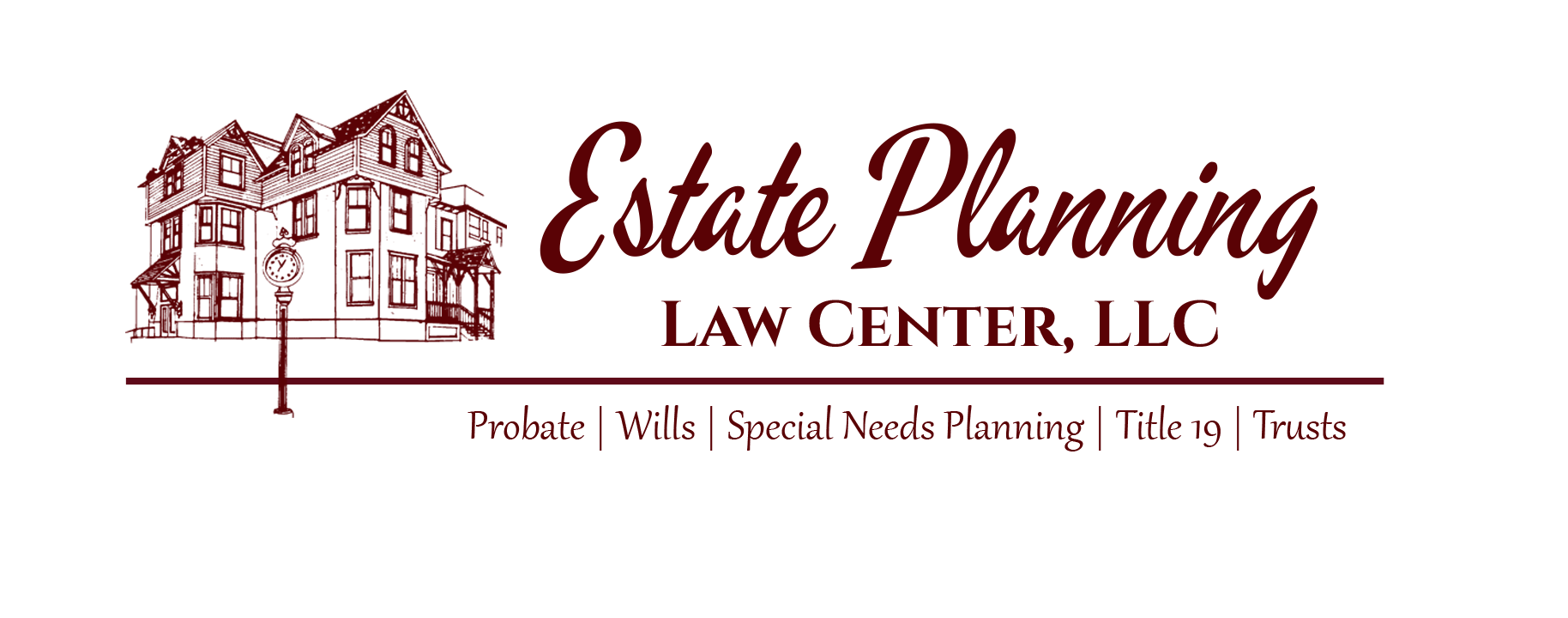A Guide Through the Estate Planning Process
Thinking about Estate Planning? There’s so much information out there that it can be overwhelming. It’s understandably confusing for many people, but it doesn’t have to be. Here is our checklist to help guide you through the Estate Planning process.
- List Your Assets
- Consider Your Family’s Needs
- Decide On Beneficiaries
- Think About Your Needs
- Consider Giving to Charity
- Who Will Get What
- Seek Professional Help
- Provide Documents
- Review and Adjust Over Time

1. List Your Assets
What are Assets-property owned by a person or company, regarded as having value and available to meet debts, commitments, or legacies.
As a first step, we recommend listing everything you own that you wish to pass on as well as its corresponding value. No matter how little or how much you own, listing everything is very important if you want to leave things orderly after your passing. This includes cars, homes, bank statements, life insurance policies, and also debts. And don’t forget to assign a nominal value along with the listings as this will come in handy later.
Some Examples of Assets Include:
● Vehicles
● Boats
● Homes and Real Estate
● Jewelry
● Artwork
● Electronics
● Cash
● Gold or other valuable metals
● Life Insurance Policies
● Bank Accounts
○ Checking and Savings Accounts
○ Brokerage / Investment Accounts
○ 401k, Roth IRA, and Other Retirement Accounts
Debts
● Credit Card Statements
● Mortgages
● Student Loans
2. Consider Your Family’s Needs
After considering your assets we recommend you consider your family’s needs? What type of life do you wish for your family after you pass away? Are there any specific accommodations you’d like for your family?
Feel free to write down the answers to these questions on a piece of paper. This step is very important because it will keep the end goal of your Estate Plan into perspective. At the end of the day, people don’t do Estate Planning for selfish reasons, they do it to take care of their family.
3. Decide on Beneficiaries
Now that you’ve considered your family’s needs, it’s time to decide who will be beneficiaries, i.e. who are the people that will receive assets from your Estate Plan after your death.
Deciding who from your family and friends will be a beneficiary is one of the most important aspects of Estate Planning. It doesn’t have to be one single person that inherits everything, but it can be several people that will inherit several different parts of your estate. You will most likely prioritize your family, but you should also think about who you might want to receive some of the smaller assets and especially those of particular sentimental value.
Write down everyone you have in mind. It doesn’t have to be a definitive list because it can always be changed.
4. Think About Your Needs
You are probably hoping for a painless passing that will come at an appropriate age, but we cannot control what will come in the future and it is important to be prepared for other scenarios. Sometimes the estate plan is thought off as only being beneficial to other after you’re gone but planning can be useful to have in place in case you become incapacitated. This will eventually include appointing a trusted person to make medical decisions for you if you cannot, also known as Medical Power of Attorney. When you become incapacitated you might also want someone to take care of business matters for you, this is known as a Durable Power of Attorney.
5. Consider Giving to Charity
Giving to charity means different things to different people. Some people like the idea of giving a part of their estate to charity when they die. People like Bill and Melinda Gates have pledged to give a sizable chunk of their estate to charity, throughout their life and when they die. Leaving a legacy for the benefit of other people attracts a lot of people when creating an Estate Plan. So, make sure you give it a good thought, think about who or what you want to donate to, and how much you would be able to give.
If you cannot afford or don’t desire to give to charity there is nothing wrong with that. After all it is not a requirement and you should prioritize your family’s needs first. But if your family is already very well-off or has a history of squandering money in lavish ways, you may want to think about how that money could be used for the most good.
6. Who Will Get What
So far in this Estate Planning checklist you have a list of assets, their values, and a list of beneficiaries, it’s time to consider who will get wheat. You may already have this in mind but it’s worth reminding you to think on it and write it down.
You’re choices may not be as obvious as an outsider would assume. For example, an outsider (or Judge) may think your home would go to your son. Your son may seem like the obvious choice since he is your only child but you may be aware of circumstances that make this choice less obvious. For example, if your son owns his own company that operates in a different state and he would simply sell the house and he may already be well-off and not need the money; meanwhile your niece rents an apartment nearby because while she is hard-working she is not able to afford a house of her own and you two were close, perhaps she is obvious choice in your mind.
This example demonstrates one of the many reasons you want to do estate planning; without it a probate court judge may make assumptions on who should get what and his choices won’t always reflect your wishes. who you want to get which pieces of your estate. This step is important to get a clearer picture of your estate plan and to make sure you didn’t forget any assets or beneficiaries.
7. Seek Professional Help

At this point you’re ready to make things official and file the right paperwork. But doing Estate Planning yourself is a daunting and stressful task and you won’t think of every scenario to plan for. Without prior knowledge of legal paperwork and legal procedures, you will most likely be drowning in a sea of paperwork. To top it all off, you might not know if you did it right in the first place and this may bring anxiety to a process that should put your mind at ease. And your hard work could prove worthless in the end if your plan isn’t properly set up, this could mean your family will have to endure unnecessary stress from the probate court.
Attorneys and lawyers sometimes get a bad rap, but you cannot dismiss 7 plus years of higher education. Estate Planning lawyers dedicate their life to helping people plan their Wills and Trusts. They know the process inside and out, and they truly take the stress out of Estate Planning. The only thing you have to do is to think about the steps above and provide the correct documentation.
An Estate Planning Attorney will also help you with all the fine details, for example setting up a health care power of attorney, durable power of attorney, deciding between a Will or Trust, help you qualify for title 19, set up a special needs trusts if it’s right for your family. These are the types of things that end up being worth the cost of hiring a professional in the long run.
8. Provide Documents
Once you have your initial consultation with the attorney, you will most likely be asked to provide certain documents to help the attorney prepare your estate plan. This list of documents may include photos of your family, real estate documents, bank account statements, life insurance declarations, stock certificates, etc.
For the full list of documents needed click here – (link to blog or video)
9. Review and Adjust Over Time
Once your estate plan is set, it’s time to relax and celebrate. But don’t forget to check on it and reread it every 3 to 5 years, you might find some things that need changing. Nobody can predict the future, and there may be many changes in your family or financial situation, so periodic review is crucial.
If you do decide to make changes to your Will or Trust, just contact the attorney that helped you create your Estate Plan, and they would be more than happy to help you.
In case you need more info about what to think about when Estate Planning, here’s a great article from The Motley Fool. If you are ready to start the Estate Planning process, we would be delighted to help you. Give us a call or Click Here.



